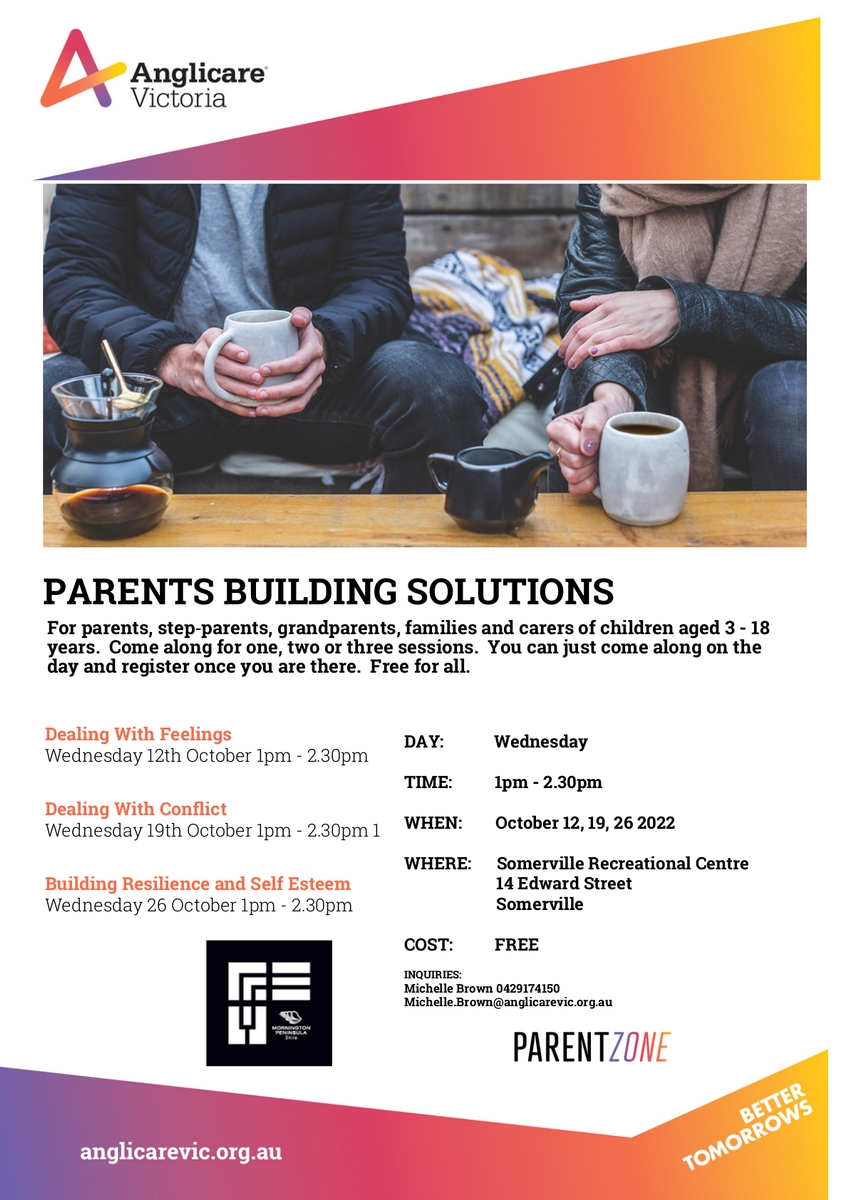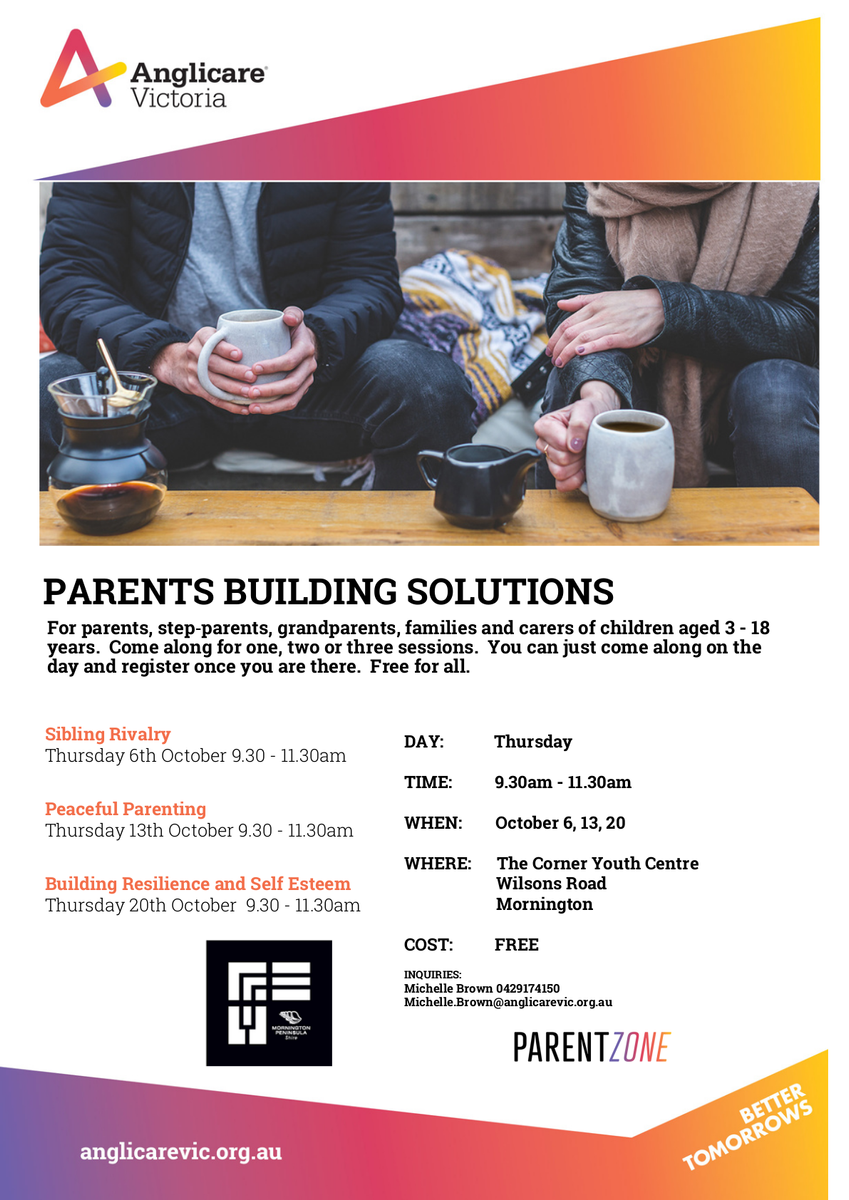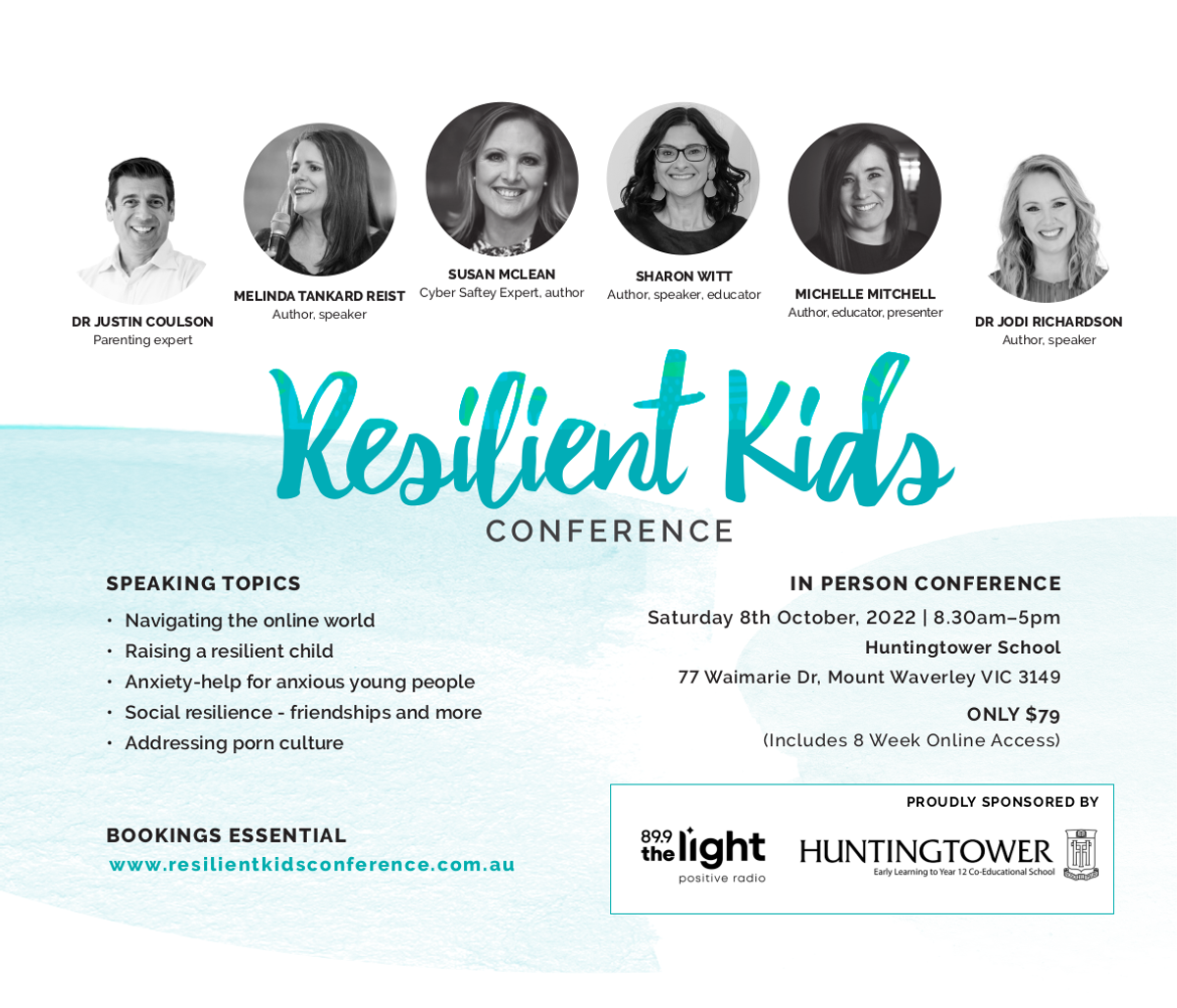Wellbeing

Supporting Transition to Secondary School with Mindful Kids Melbourne.
Transitions take place throughout our lives, involving moving from one stage to another and the changes, emotions and outcomes that come with these moments. Starting school, a new job, university or moving are all part of life's transitions. A key transition milestone is moving from the familiar primary school environment to the world of highschool, which can present its challenges for young people. The added layer of our Covid-19 experiences of the past few years have also added to this challenge.
Transitioning your child from primary school to secondary school can be a stressful and challenging time for both them and you, but it can also be an opportunity for excitement, open mindedness and curiosity. It is important to create a space where your child feels supported and can openly communicate with you about their experiences during this time. At the same time it is important to not let your concerns, past experiences, fears or anxieties impact on their thinking in taking the next step in their education.
As a parent, you have the best intentions for your child. You want them to be happy and successful in life, remembering that they are still kids who need guidance and someone to just hear them out, more than anything else. Your child may be experiencing a lot of mixed emotions, so it’s important to put yourself in their shoes and consider what might be on their mind.
Things that could be on their mind…
Will I make friends?
How do I make new friends?
What if I get bullied?
How will my primary school friends feel if I make new friends?
What if I get lost?
What will my teachers be like?
Do I get to use a bunsen burner?
Who will I talk to if I need help?
What will I do at break times?
Will I have lots of homework?
When should I start to study?
The list can go on!
Being a listening ear during this time is really important. ReachOut is an organisation that offers a wide range of support for young people and their families and suggests being open to discuss their concerns and worries in a mindful and non-judgemental way. This is an important milestone in their life, they may also be experiencing puberty changes, which could also be impacting on their emotions.
In their article Transition to High School for Teenagers ReachOut suggests you can help your young person by:
Communicating with your teen about what to expect as they start high school. Encourage them to ask questions, and if you don’t know the answers, find them together.
Helping your teen prepare for high school. Talk to them about what they need and organise those things together.
Talking to your teen about how to use social media and technology safely and ask them to show you their favourite apps, games and websites. Lead by example, set realistic boundaries for internet use and show them how to use it in a positive way.
Encouraging your teen to make new friends and to participate in social activities.
Being present and supportive during your teen’s transition to high school.
The transition from primary school to high school can be an exciting time for your child. They are going through a lot of changes and learning new things daily, so it is important to make sure they feel supported and confident during this time to avoid feeling overwhelmed. The best way to do this is by creating a positive support environment where they can ask questions and share their emotions.
Each year MKM offers the Super 7s program which supports the transition to secondary school with confidence. This eight week course provides the support Grade 6 children need to feel ready to take the next step in their education. This course will focusing on developing strategies to support students wellbeing through:
- Mindfulness practises
- Developing Growth Mindset attitude
- Organisational skills
- Resilience and problem solving skills
The program content supports students to feel confident to begin high school. Head to the MKM website for further details.
Successful transitions are important to help your child feel confident in their ability to step into a new and often unfamiliar situation. Supporting your child to develop these skills helps to build independence, self-efficacy and their sense of competence, which further supports their mental health and wellbeing.
Freebies for parents:
(This was isn't free)




